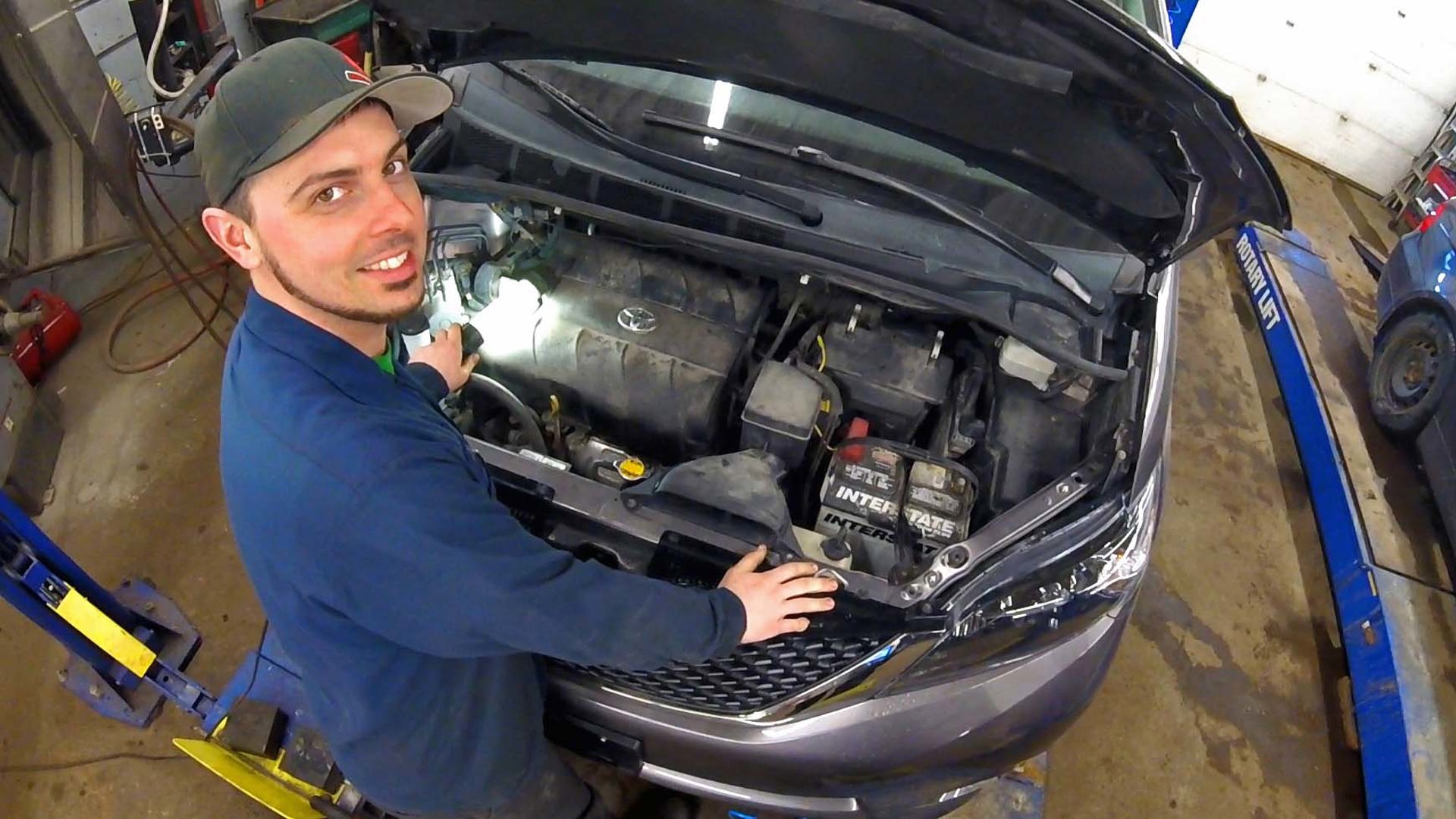Browsing through autoTRADER.ca listings, you may find yourself looking at cars that mention a “rebuilt engine.” It’s a very loaded term and can be an instant turn-off for some; but there is a bit more nuance to what a rebuilt engine is, and why you shouldn’t always shun a vehicle with one.
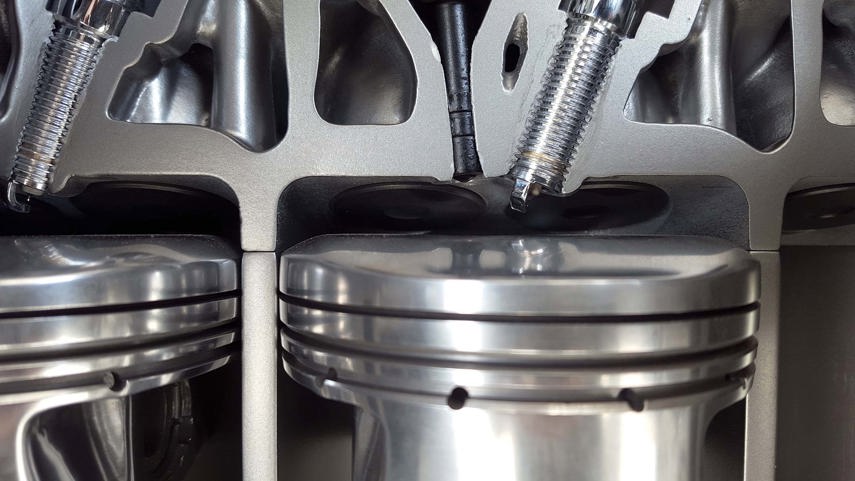
What is a rebuilt engine, anyway?
An engine rebuild is when an engine is disassembled and its internal components are inspected, cleaned, or replaced. It’s a pretty thorough process, requiring lots of time and close attention to detail. Some components and parts of the engine that get careful attention include the short block, the piston rings, bearings, and cylinders.
This process requires the right tools, parts, and knowledge; so knowing an engine has been rebuilt at a specialty shop can bring peace of mind. “A good machine shop can rebuild any engine but you need to find a qualified builder,” says Sean Cooney-Mann, a technician and service manager at OK Tire in Etobicoke, Ont.
On the other hand, a dealership may choose to forgo rebuilding the engine in a used car. “Dealerships don’t usually rebuild an engine,” Cooney-Mann explains. “They purchase a new or factory-rebuilt engine (with a better warranty for the customer and less shop bay downtime) and just replace the existing engine.”
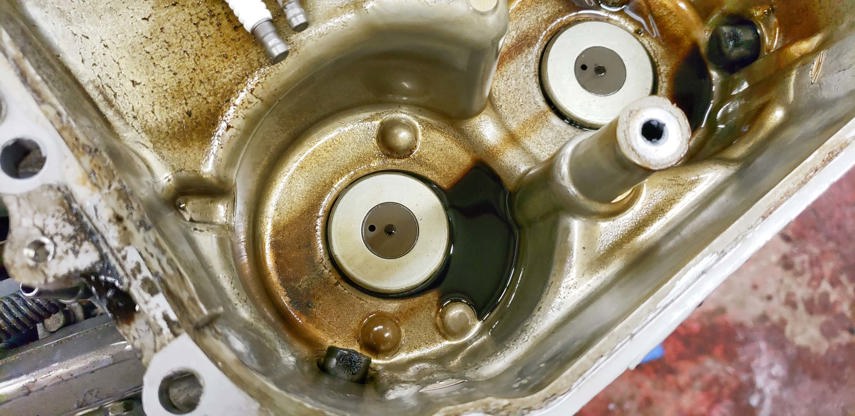
Why would an engine need to be rebuilt?
Time and distance are formidable foes, and all parts in a vehicle are vulnerable to wear, especially the engine. When an engine is underperforming, it may be the result of significant wear on its internal components. Other signs of a motor in need of help include increased fluid consumption or smoky tailpipe exhaust. When that happens, it’s time for an engine rebuild.
“Symptoms can be constant engine oil loss, coolant loss, or a lack of power when accelerating, along with multiple malfunction lights on the dash,” says Cooney-Mann. He mentions other clues like “a poor-sounding engine with a lack of power, knocking or clunking sound from within the engine crankcase, or white or blue smoke coming from the tailpipe.”
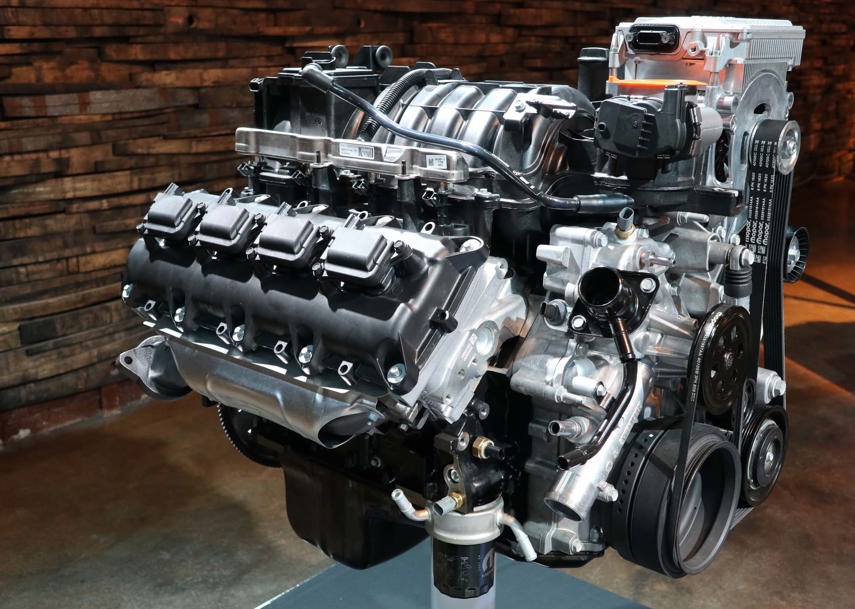
Is it safe to drive a rebuilt engine?
Cooney-Mann points out that if done correctly, a rebuilt engine is a solid investment. “[They] can perform as well or better than the original [engine], as many of the replacement parts can exceed the factory original specifications.”
Furthermore, if you want more peace of mind, some will feature warranty coverage. “A warranty is typically available and can range from one year or 20,000 km, to three years or 60,000 km,” says Cooney-Mann.
It’s not just well-used vehicles that get rebuilt engines either; newer vehicles can pop up with such a repair on their records. Sometimes engines are rebuilt to address issues like excessive oil consumption. While the original issue may be a by-product of an improper break-in procedure or a factory defect, the newly rebuilt engine should be fully functional and feature the balance of the original warranty.
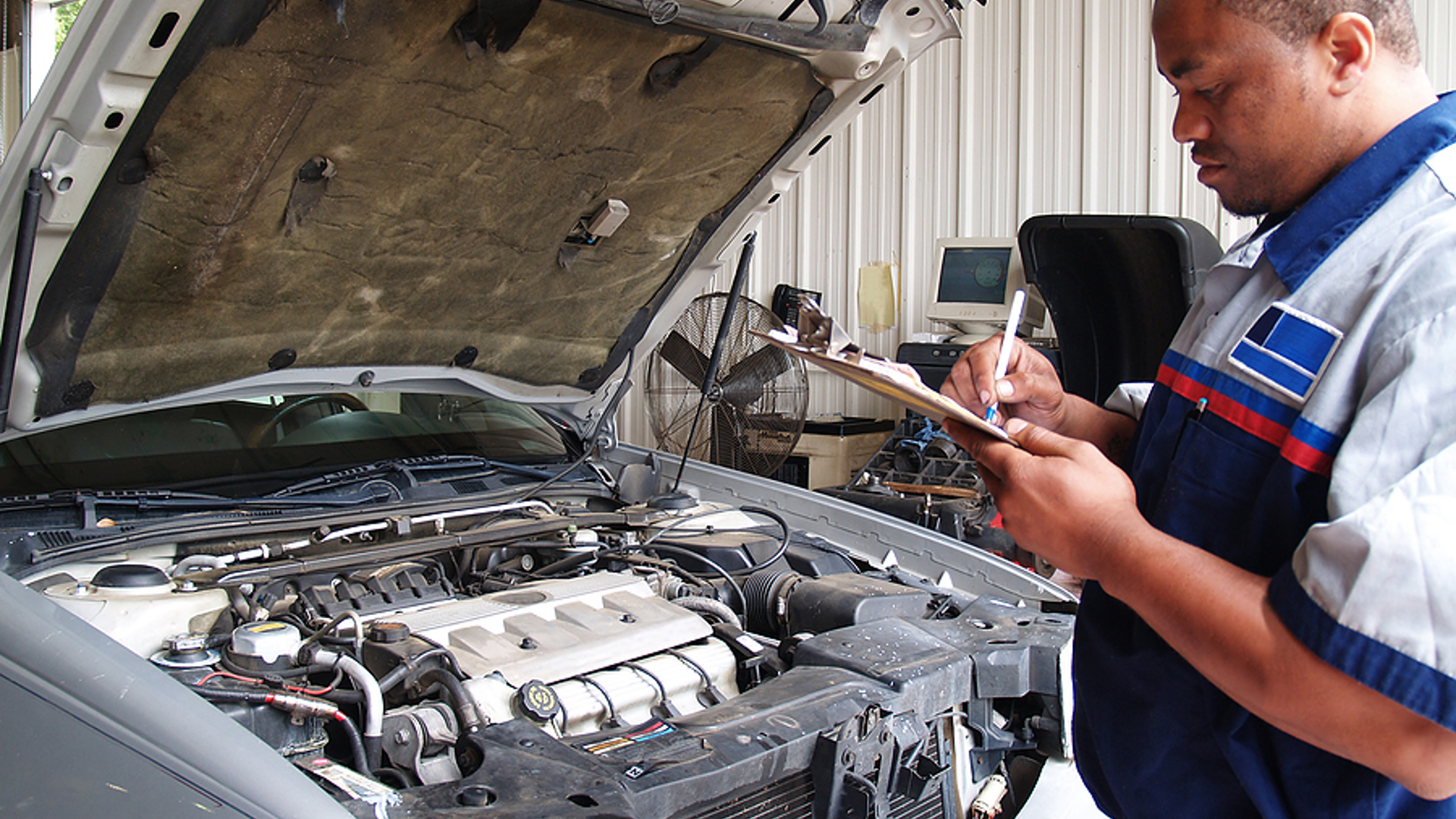
When checking out a car that has a rebuilt engine, be sure to get documentation about where this service was performed. While a pre-purchase inspection is generally a good idea when you’re looking at a used car, it’s especially essential when it comes to a vehicle with a rebuilt engine.
